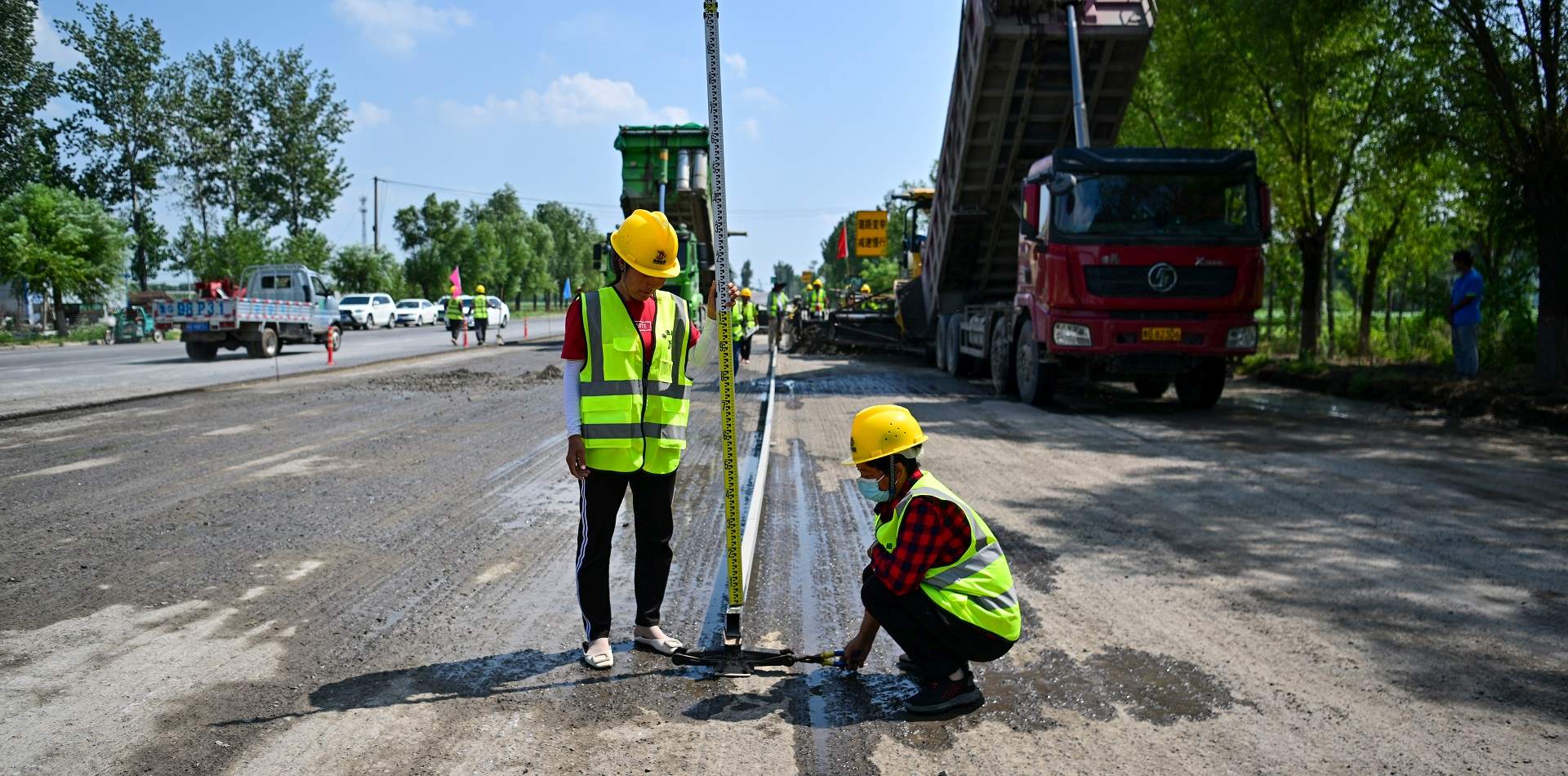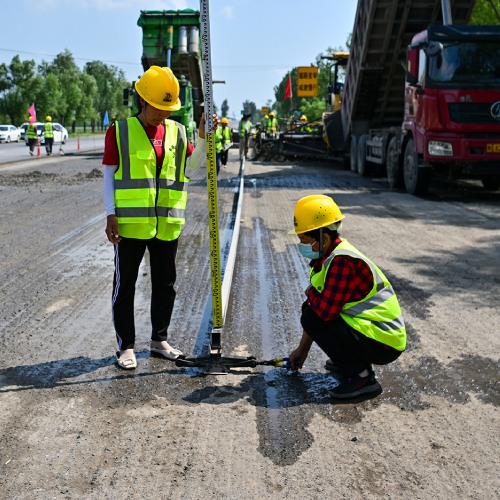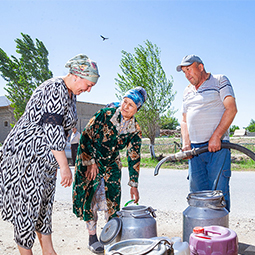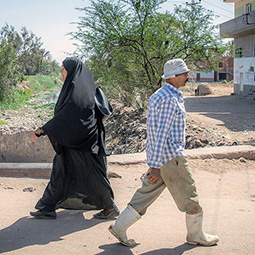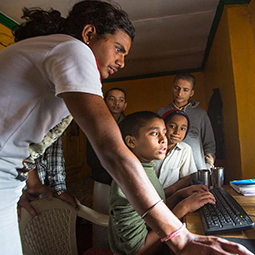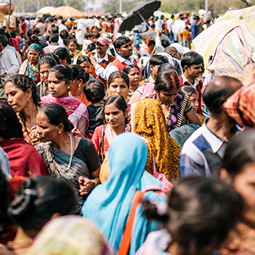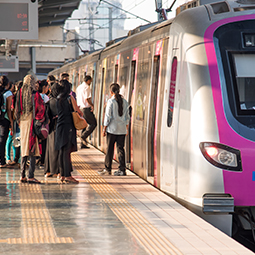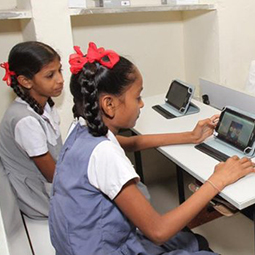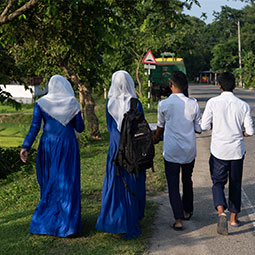AIIB recognizes the central role infrastructure can play in improving women’s lives. The delivery of affordable, convenient, and reliable infrastructure can strengthen women’s access to economic, political, and social opportunities, as well as essential education and healthcare services. Increased engagement of women in infrastructure planning, labor force participation and associated use of services can also strengthen the quality and efficiency of projects as well as increase return on investment. At a minimum, infrastructure projects need to be delivered in ways which mitigate risks to women, including from pre-existing gender inequalities and exclusions.
Driven by its client-centric approach, AIIB will continue to work closely with clients in a responsive, tailored manner to ensure gender considerations within infrastructure investments are fit for purpose and positive gender outcomes are achieved.
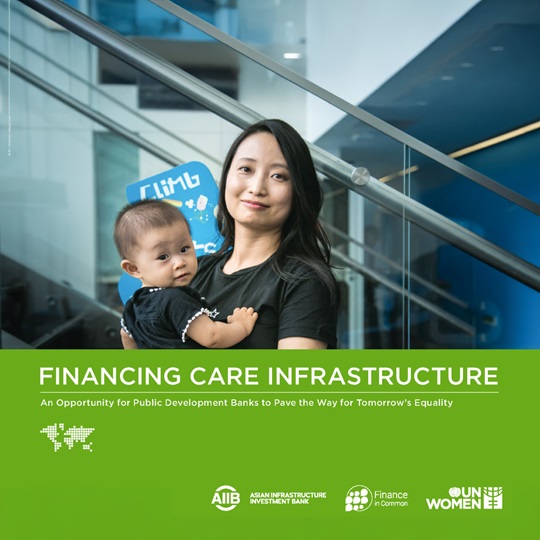
Care work is the backbone of societies worldwide. It encompasses both paid and unpaid labor that ensures the health and well-being of individuals, households, and communities. This essential labor, disproportionately shouldered by women, remains largely overlooked in public policy and budgets. Understanding care services and physical infrastructure as part of a unified concept of care infrastructure, investments in these areas should be viewed as complementary and interconnected, rather than as separate or competing.

AIIB has clear corporate commitments in its policies and strategies regarding gender, particularly in the Corporate Strategy for 2021-2030 and the Environmental and Social Framework (ESF), and these commitments are also reflected in the Bank’s Sector Strategies. The Operational Policy on Financing (OPF) and the Corporate Strategy set out AIIB’s client-driven business model and highlight client engagement in infrastructure projects as an entry point for gender and other considerations.
AIIB will continue its close dialogue with Members and clients, as well as CSOs and other development partners, on how to eliminate barriers when financing infrastructure projects and maximize benefits for all.

